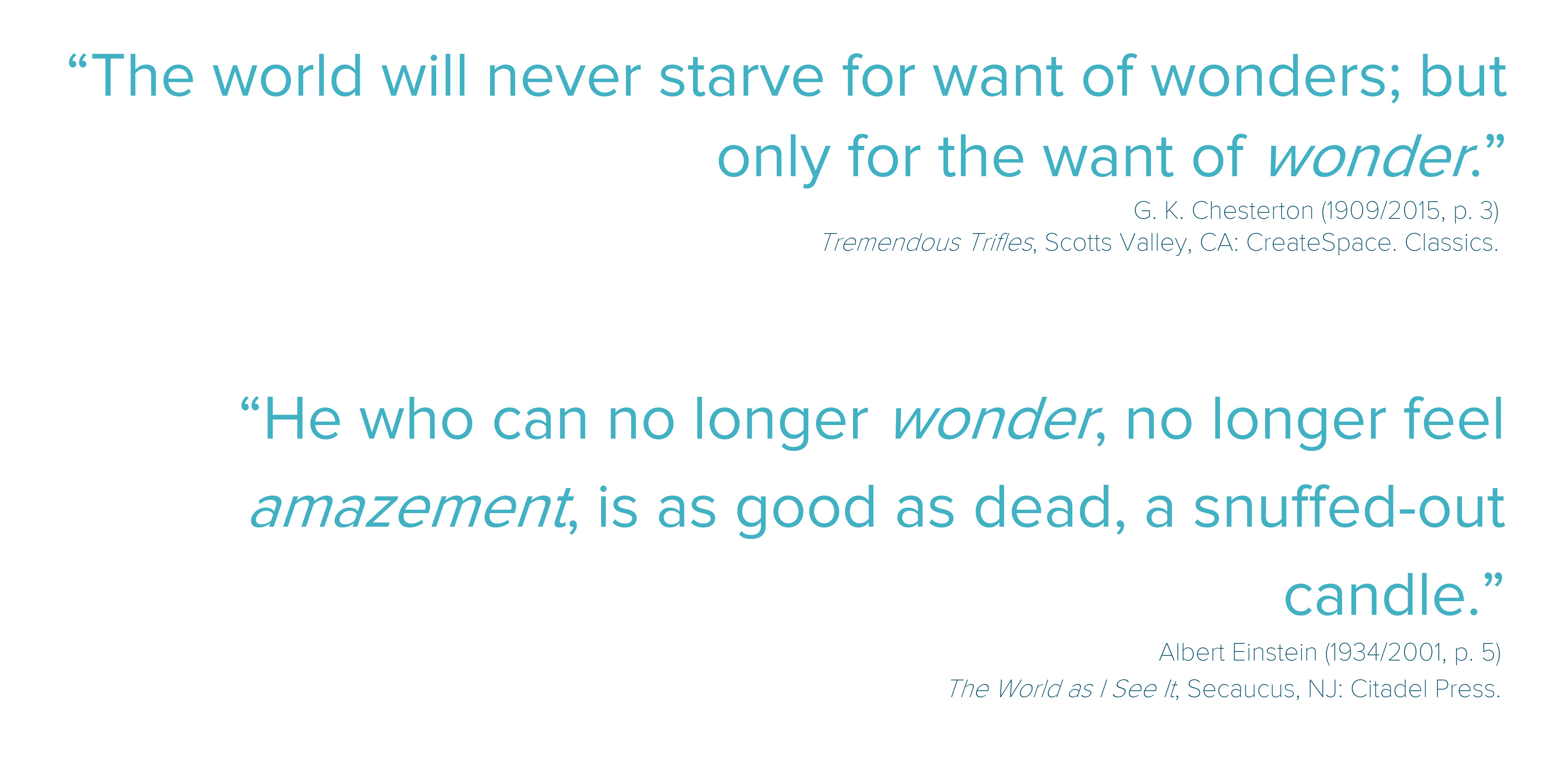The Future State of Hospitality after COVID-19: A New Psychology of ‘Enchantment’
These introductory quotes show that great minds in science and literature have historically recognized the fundamental need for enchantment in people’s lives. Just think back to your own remarkable encounters with art, music, nature, and even special people like ‘first loves’, childhood heroes, or favourite celebrities. Indeed, most everyone has experienced that ineffable feeling that is often described simplistically as a mixture of awe and delight. Its defining quality and benefit is lifting people out of their mundane existence ― albeit for a short time. Thus, it is difficult to imagine anything people will crave or need psychologically more than a healthy dose of enchantment following weeks of monotony, restlessness, and anxiety that accompany COVID-19 quarantines.
Ever-Evolving Consumer Expectations
But what exactly are the core elements of enchanting experiences? Many people have talked around this question, but few research studies have actually delved into the nature and relevance of enchantment as a psychological construct or consumer motivator. Perhaps the closest guiding principle used by the tourism-hospitality industry has been the notion of the ‘experience economy.’ This reflects the philosophy that businesses compete in today’s market by offering increasingly memorable experiences versus strictly focusing on the quality of products or services. Moreover, some research has modelled the ‘ideal’ features of such ‘memorable experiences.’ Namely, the trend over the past decade or so has been for consumers to seek experiences grounded in (i) aesthetics, (ii) authenticity, (iii) education, (iv) entertainment, (v) escapism, (vi) newness, and (vii) a sense of transformation.
Along these lines, many hospitality-entertainment businesses, at least pre-pandemic, seemed intent on developing so-called ‘immersive experiences’ to deliver on the promise of enchantment. In fact, this was the hot innovation trend at this time last year. An immersive experience is an illusory environment that completely surrounds you such that you feel that you are inside, and part of it. It is a way to sensorial experience the ‘impossible.’ But ‘augmented or virtual reality’ applications are becoming increasingly commonplace. In fact, it could be argued that COVID-19 has motivated greater attention to all things virtual, whether for personal or professional aims.
It is ironic that ‘virtual reality’ has apparently become simply ‘reality.’ The new norm, at least for the foreseeable future, is telecommuting, streaming entertainment, remote events, and a ‘mobile mentality.’ At some point a threshold will be reached, and even now there might be some indications that society has developed a new tolerance level for being enchanted by technological marvels. For example, this past February news reports highlighted GameStop’s stock price decline that stemmed from plunging sales and associated earnings, It was further noted that GameStop’s market cap has fallen to around $270 million with rumblings about potential bankruptcy. However, this might turn around, in part, after the upcoming release of next gen gaming consoles by Sony (PlayStation) and Microsoft (Xbox). Only time will tell.
New Opportunities for Innovation in Product Development
Mobile and immersive innovations will rightfully continue, but it seems that our impending familiarity with and dependence on virtual platforms could make technology-induced experiences more mundane and thus less enchanting. Our industry probably should not solely expect technology-related experiences to reinvent or reinvigorate the industry. Rather, we would recommend that forward-thinking businesses revisit what we learned from success stories in the experience economy, and particularly as this relates to experiences that deliver feelings of authenticity and transformation. At this stage, technology seems ill equipped to satisfy fully these consumer drives.
To make some sense of future directions and opportunities, Aethos™ has launched a research program on the ‘new psychology of enchantment.’ The Cornell Hospitality Quarterly just published our first report, which explored the key variables that stoke experiences of enchantment via the niche of paranormal tourism (“Paranormal Tourism: Market Study of a Novel and Interactive Approach to Space Activation and Monetization,” see here). After all, what could be more transformative and enchanting for a consumer than the prospect of an encounter with ‘real magic’? Technology, even at its best, will always be understood and experienced as a manufactured spectacle.
Follow-up studies are in the works, but we have already gained initial insights that could assist the broad hospitality industry develop new products and services that re-define current standards based on the dated assumptions from the experience economy. We will share our learnings once the research is done. The pandemic has disrupted our industry and arguably society’s prior allurement with technology. Perhaps the industry should, in turn, disrupt consumer expectations around experiences in the service, gaming, travel, tourism, and hospitality sectors. It was necessary anyway, but now it takes on greater urgency given the opportunity that awaits us once the pandemic subsides. People desire, even need, experiences of awe and delight. Now is the perfect time for experimentation and innovation, because in our estimation the experience economy is unquestionably evolving to an enchantment economy.

